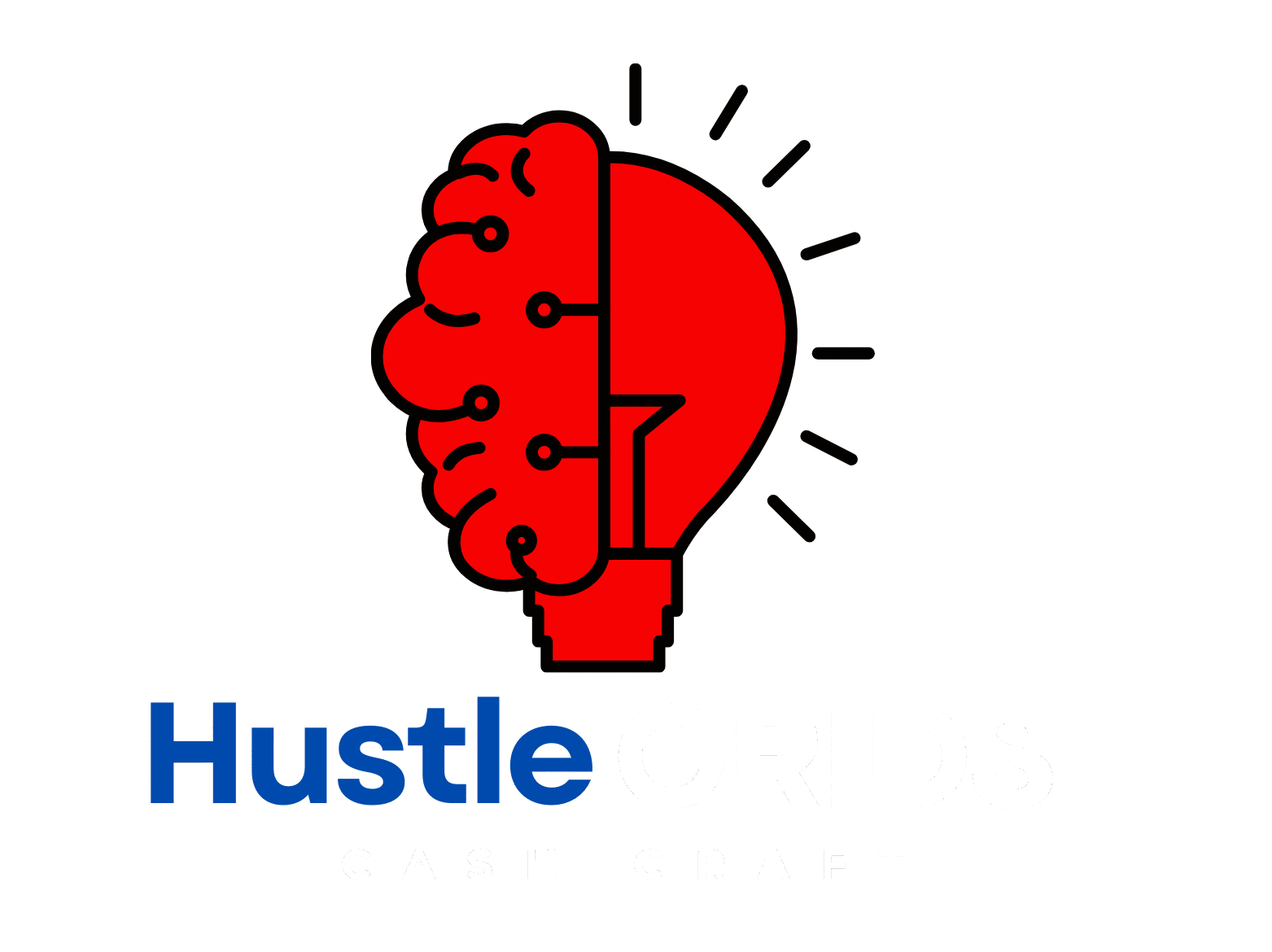
AI in Daily Life – How ChatGPT & AI Tools Are Changing Work
Artificial Intelligence (AI) has rapidly moved from being a futuristic concept to becoming a part of our everyday lives. From voice assistants on smartphones to recommendation systems on Netflix, AI is shaping how we work, communicate, and make decisions. Among these technologies, tools like ChatGPT have emerged as game-changers, transforming not only the way individuals interact with information but also how businesses function.

In today’s digital-first world, AI is no longer optional—it is essential. Let’s explore how AI tools, especially ChatGPT, are revolutionizing daily work and creating new opportunities.
AI in Our Daily Routine
Before diving into workplaces, it’s important to realize that AI already plays a big role in our daily lives:
- Virtual Assistants: Siri, Alexa, and Google Assistant help us schedule tasks, set reminders, and control smart devices.
- Personalized Recommendations: Platforms like YouTube, Spotify, and Netflix suggest content based on our preferences.
- Navigation: Google Maps and ride-sharing apps use AI to provide real-time traffic updates.
- E-commerce: Amazon and other shopping platforms use AI to recommend products and predict what customers might need.
These small interactions may seem simple, but they show how deeply AI is integrated into daily routines.
ChatGPT and the Rise of AI in Work
ChatGPT, developed by OpenAI, has become one of the most widely used AI tools in the professional world. It can generate human-like text, answer questions, draft documents, brainstorm ideas, and even assist in coding. But how is this impacting real-world work?
- Content Creation: Writers, bloggers, and marketers use ChatGPT to draft blog posts, social media captions, product descriptions, and email campaigns. It speeds up the process while providing creative ideas.
- Customer Support: Many businesses integrate AI chatbots to answer FAQs, solve problems, and provide 24/7 support. This reduces waiting times and improves customer satisfaction.
- Programming Help: Developers use AI assistants for debugging, writing code snippets, and understanding complex programming concepts.
- Education: Students and teachers benefit from AI for explanations, tutoring, and practice exercises. ChatGPT acts like a virtual study partner.
- Brainstorming & Research: Professionals use AI for idea generation, summarizing articles, and drafting reports quickly.
How AI is Changing Different Professions
AI is not limited to one sector. It’s reshaping multiple industries at once:
- Healthcare: AI tools analyze medical data, assist in diagnosis, and even help in drug discovery. Virtual health assistants support patients with reminders and basic guidance.
- Marketing: From personalized ads to audience analysis, AI helps businesses target customers more effectively.
- Finance: AI-powered systems detect fraud, provide financial advice, and help in risk assessment.
- Education: Teachers use AI platforms to create personalized learning experiences, while students benefit from instant access to information.
- Creative Industries: Designers, musicians, and video editors now use AI to generate ideas, enhance visuals, or compose music.
Benefits of AI Tools in Work
The integration of AI into professional life comes with many advantages:
- Efficiency: Tasks that once took hours can now be completed in minutes.
- Cost Reduction: Businesses save money by automating repetitive tasks.
- Personalization: AI tools adapt to user needs, creating customized experiences.
- Accessibility: People with disabilities benefit from AI-powered tools like speech recognition and text-to-speech systems.
- Innovation: AI encourages creativity by providing new ways of solving problems.
Challenges of AI in Daily Work
While AI is powerful, it also brings challenges:
- Job Displacement: Automation may replace certain repetitive roles, raising concerns about employment.
- Accuracy Issues: AI-generated content sometimes includes errors or biased information.
- Privacy Risks: Data-driven AI tools must handle personal information responsibly.
- Overdependence: Relying too heavily on AI can reduce human critical thinking and problem-solving skills.
These challenges highlight the need for balance—using AI as an assistant, not a replacement.
The Future of Work with AI
As AI continues to evolve, workplaces will change significantly. Hybrid teams, where humans and AI collaborate, will become the new normal. For example:
- Employees may focus on strategy and creativity while AI handles repetitive work.
- Businesses will use AI to predict market trends and make data-driven decisions.
- Collaboration tools will integrate AI features to enhance productivity.
- Education and training programs will adapt, teaching people how to work alongside AI effectively.
Ultimately, AI is not about replacing humans—it’s about empowering humans to do more.
Final Thoughts
Artificial Intelligence, especially tools like ChatGPT, has become a powerful force in shaping modern work. From content creation to customer service, AI is saving time, reducing costs, and enabling professionals to focus on creativity and strategy. While challenges exist, the benefits far outweigh the risks when used responsibly.
The future of work is not about humans versus AI—it is about humans with AI. By embracing these tools, individuals and businesses can stay ahead in an increasingly digital world.
AI is not just the future—it’s already here, making our daily lives smarter, faster, and more efficient.

Leave a Reply